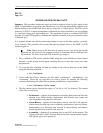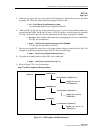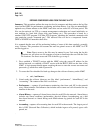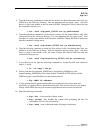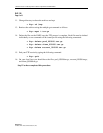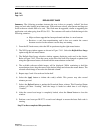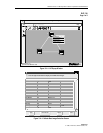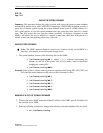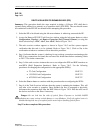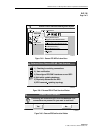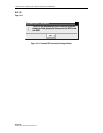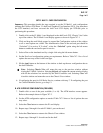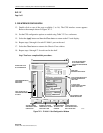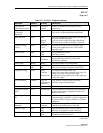
1152700 • Issue 1 • February 2001 • Section 2 Operation and Maintenance
Page 2-216
2000, ADC Telecommunications, Inc.
DLP-745
Page 1 of 2
SAVING THE SYSTEM DATABASE
Summary: This procedure defines the steps involved with saving the current system database
and should be used by those with UNIX/LINUX knowledge. While NMIC protection provides a
great deal of security against loosing the system database in the event of a NMIC failure, it is
still a good practice to save the current database after the system has been placed in a useful
state. This will protect the user from the remote possibility of database corruption on both
NMICs, and allows the user to fallback to a known system state rather than falling back to a
default system state and requiring rediscovery of the ring.
SAVING SYSTEM DATABASE
Note: The NMIC database should be stored in two locations, locally on the NMIC in a
directory, and remotely on another system storage device.
1. The system database consists of the following files on the NMIC:
• /cellworx/config/NE.* -where * is a wildcard representing the
number of each NE in the system. This will also make a copy of the default
template for creating NEs.
• /cellworx/config/NMIC
Example: If the system is a three node ring with one expansion shelf using NE1, NE2, NE3, and
NE4, then the entire database would consist of the following five files;
• /cellworx/config/NE.1
• /cellworx/config/NE.2
• /cellworx/config/NE.3
• /cellworx/config/NE.4
• /cellworx/config/NMIC
BACKING UP A COPY OF THE NMIC DATABASE
2. Telnet to the active NMIC using the floating IP address or the NMIC specific IP address for
the currently active NMIC.
3. Enter the following command to change to the directory where the database files are stored.
• cd /cellworx/config



